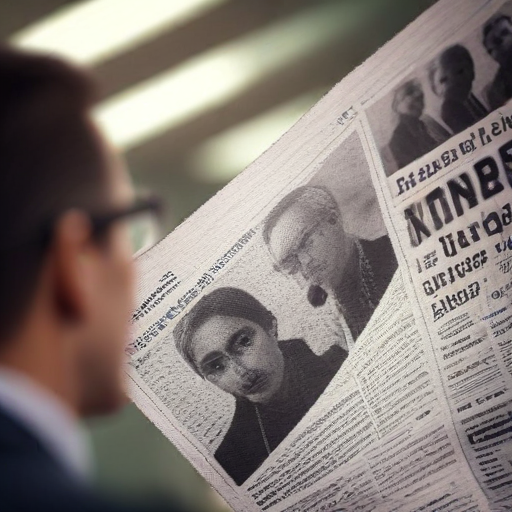Billionaires Elon Musk and Vivek Ramaswamy are reportedly advising President-elect Donald Trump on federal spending strategies, while also advocating for an increase in the number of foreign tech workers entering the U.S. workforce. Their recommendations have ignited a fierce debate among Trump supporters regarding immigration policy and its impact on the technology sector, a field that heavily relies on the H-1B visa program to recruit skilled workers from countries such as India and China.
The tech industry has long pushed for an expansion of the H-1B visa program, asserting that it is necessary to attract top talent. However, during Trump’s previous administration in 2020, the program faced restrictions due to concerns that it encouraged companies to substitute American workers with lower-paid foreign labor.
The recent debate escalated when right-wing influencer Laura Loomer criticized Trump’s adviser Sriram Krishnan, who supports the inclusion of more skilled immigrants in the workforce. Loomer’s assertion that this stance contradicts the “America First” policy sparked a backlash, leading Musk and Ramaswamy to defend the tech industry’s reliance on foreign workers. Musk, reflecting on the talent shortage, stated that there is a continuous need for exceptional engineering professionals in Silicon Valley.
The H-1B visa is designated for individuals with specialized knowledge and a bachelor’s degree or higher who have job offers from U.S. employers. The U.S. has a cap of 65,000 H-1B visas available each year, with an additional 20,000 for candidates holding a master’s degree or higher. Despite the limitations, the visa has been extended for many existing beneficiaries, as evidenced by over 309,000 approved requests for continued employment reported in 2023.
Critics argue that the H-1B program undercuts American workers, with some factions calling for its elimination rather than expansion. The debates around H-1B visas encapsulate the broader tensions within Trump’s political base regarding immigration and American job security.
Trump has historically maintained a critical stance towards the H-1B visa program, labeling it as detrimental to U.S. workers. His previous policies aimed to ensure that H-1B visas were granted primarily to the most qualified applicants, with a focus on higher wages for visa holders to discourage reliance on foreign labor.
As this debate unfolds, it will be interesting to see how the incoming administration balances the need for skilled labor in the tech sector with the concerns of American workers. This situation highlights a critical crossroads for U.S. immigration policy and its implications for the technology industry, potentially leading to meaningful changes that support both innovation and domestic job growth.
Overall, the situation presents an opportunity for constructive dialogue about immigration policy, underscoring the importance of finding a balance that addresses the needs of both the tech industry and American workers.
